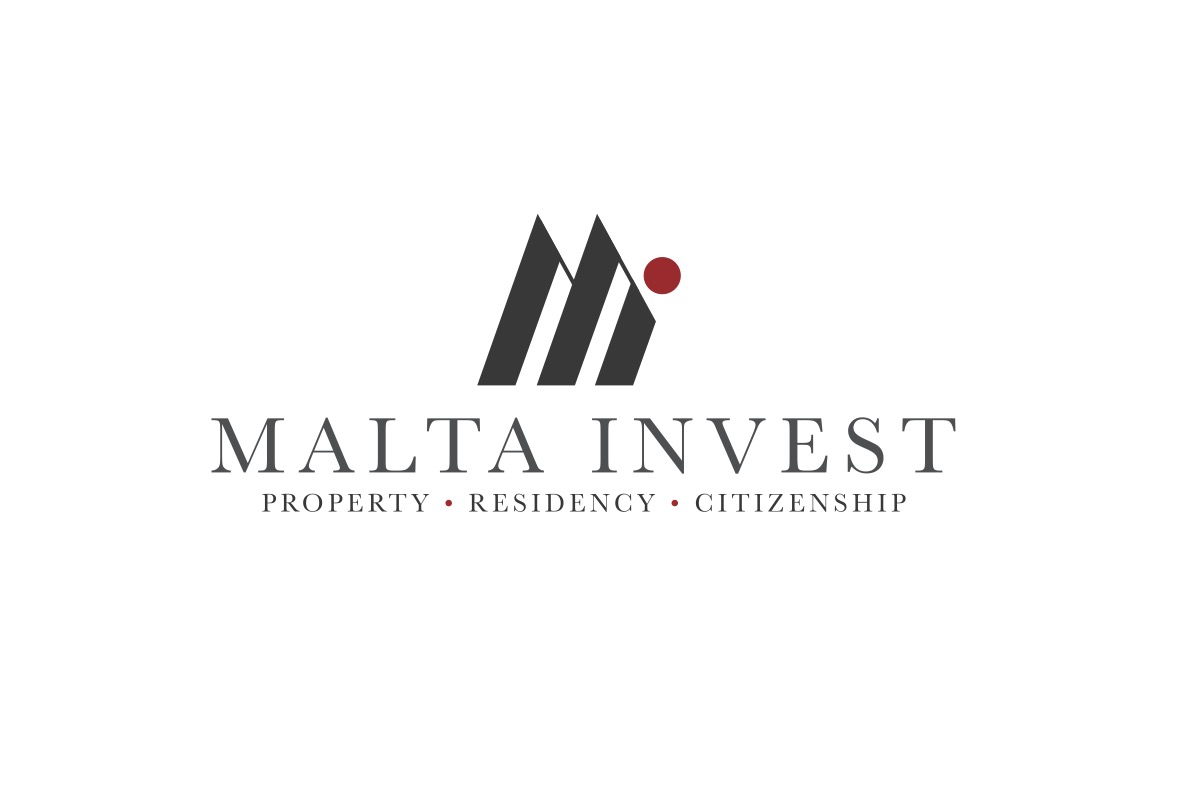- Who Usually Moves to Malta?
Typically, Malta attracts a diverse range of individuals and groups who choose to relocate to the island. This includes expatriates, digital nomads, retirees, and individuals seeking new opportunities. Malta’s favorable tax incentives, vibrant business environment, and pleasant Mediterranean lifestyle make it an appealing destination for professionals, entrepreneurs, and investors alike.
- Where is Malta Located with regard to Europe and Africa?
Malta is located in the central Mediterranean Sea, approximately 93 kilometers (58 miles) south of Sicily, Italy. It is geographically well-positioned for connections and travel between Europe and Africa. Major EU destinations are between 2 and 2,5 hours flight away and the nearest point in Africa, which is the coast of Tunisia, takes between 1 to 2 hours depending on airlines.
- What Language do they Speak in Malta
The official languages of Malta are Maltese (which has a Semitic structure, similar to Arabic, but with significant influences from Romance languages, particularly Italian) and English. English is widely spoken and understood throughout the country, making it easy for visitors and expatriates to communicate. Additionally, many Maltese people are bilingual, speaking both Maltese and English fluently. This language proficiency contributes to the welcoming and inclusive environment for individuals from various linguistic backgrounds.
- Are there Job Opportunities in Malta?
Malta workforce is highly skilled offering various job opportunities across different industries. The country has a growing economy with sectors such as tourism, iGaming, finance, technology, and manufacturing contributing to its job market. There are opportunities for both local residents and foreigners. Furthermore, Malta has recently introduced the Digital Nomad Visa and the Startup Visa, attracting remote workers and entrepreneurs worldwide.
- Is it Easy to do Business in Malta?
Doing business in Malta can be favorable for several reasons. The country has a stable political and economic environment, making it an attractive destination for entrepreneurs and investors. Malta offers a competitive tax system, including various incentives and benefits for businesses, such as low corporate tax rates and tax refunds for foreign shareholders.
Malta’s strategic location in the Mediterranean provides access to markets in Europe, North Africa, and the Middle East, making it a hub for international trade. Companies established in Malta enjoy easy trade and access to other EU countries. Additionally, Malta has a well-developed infrastructure, including modern transportation networks and reliable telecommunications.
- Are there Benefits for International Companies Operating from Malta?
Malta’s favorable tax system offers a competitive tax regime. The extensive network of double taxation treaties with over 70 countries, which can help companies avoid or minimize double taxation on their international operations.
As a member of the European Union (EU), companies operating from Malta can access the EU’s single market, benefiting from the free movement of goods, services, capital, and labor within the EU.
Malta’s strategic location in the Mediterranean makes it a gateway between Europe, Africa, and the Middle East. This can provide logistical advantages for companies involved in international trade and distribution.
- Malta’s Tax System
Malta’s tax system is designed to attract global investment and innovators through various incentives and benefits. One key aspect is its attractive corporate tax regime. Malta operates a full imputation system, which means that when a company pays tax on its profits, shareholders are entitled to a refund of the tax paid on their dividends. This system can result in an effective tax rate of 5% or less for certain companies.
Additionally, Malta offers a range of tax incentives and exemptions for specific industries and activities. For example, the country has a favorable tax regime for companies engaged in research and development (R&D), intellectual property (IP) management, and innovation. There are also incentives for companies involved in the gaming and financial services sectors.
Furthermore, Malta has a network of double taxation agreements with numerous countries, which helps to avoid or minimize the impact of double taxation for businesses operating internationally.
- Has Malta got good Healthcare?
The World Health Organisation ranks Malta 5th globally. Malta’s healthcare system provides all residents with free universal coverage with an option for private health care. Private healthcare insurance is very affordable.
- Has Malta got a good Education System?
The Maltese education system is based on the British education system and has a good reputation for providing a solid foundation for students’ future careers. The country has both public and private universities and colleges, offering a wide range of undergraduate and postgraduate courses.Public schools are free to resident children, but there are also private and church schools.
Additionally Malta hosts over 40 English language teaching schools, attracting many from around the world , who want to master the English language.
- Conclusion
Whether you are considering moving to Malta for work, retirement or investment purposes, the country has much to offer. Malta offers expats a thriving expat community, a dynamic business environment, superb healthcare and education systems and don’t forget the wonderful warm weather.
For more information contact mandy on mandy@maltainvest.co.za






